June 29, 2025
9 Magnesium-Rich Vegetables You Should Be Eating
Swiss chard
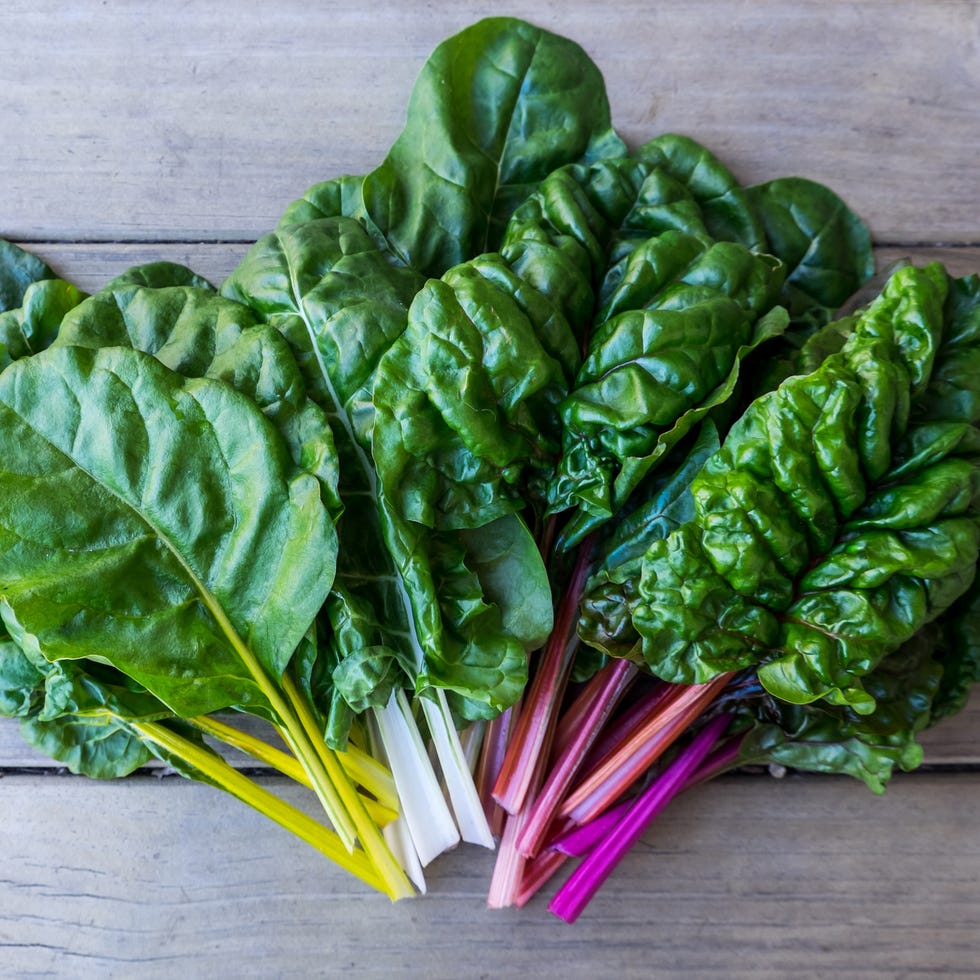
Half a cup of boiled Swiss chard packs 150 mg of magnesium and, interestingly enough, different parts of the plant offer different health benefits. Swiss chard leaves hold the majority of the plant’s fiber content, sodium, magnesium and flavonoids, while stems are high in potassium.
RELATED: Fruits That Are High in Magnesium
Spinach
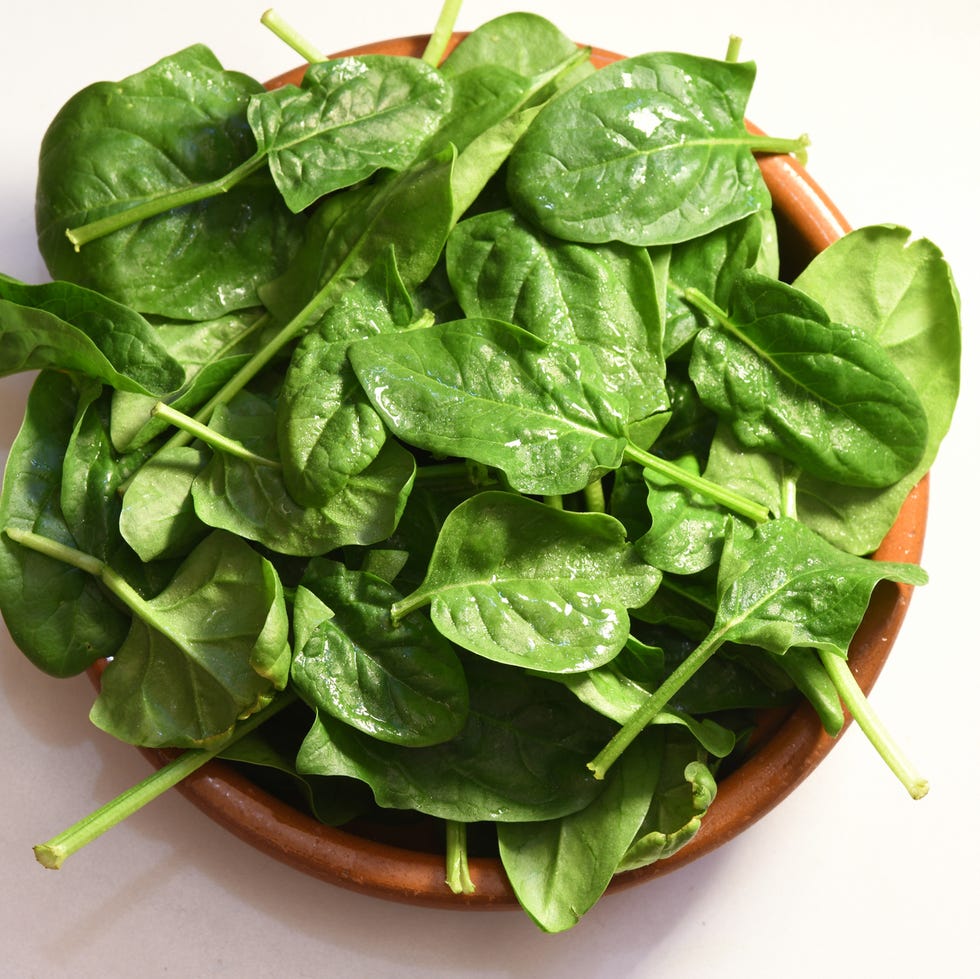
Half a cup of boiled spinach provides 78.5 mg of magnesium, and is an excellent source of vitamin A, C, K and folate (vitamin B9). Spinach is also known for its high levels of antioxidants and polyphenols, and was found to have protective effects against liver diseases.
Popeye wasn’t wrong when he knocked back a can of spinach — it’s high in nitrate oxide, and research shows it works as a great supplement for athletes who are looking to enhance their physical performance.
Advertisement – Continue Reading Below
Artichoke

Parsnip

Half a cup of boiled parsnip slices offers 22.6 mg of magnesium. The root vegetable is also packed with vitamin C, vitamin K, folate and potassium. It is believed that one of the parsnip’s most important health benefits is its flavonoids and polyacetylenes which give the carrot relative anti-inflammatory and antifungal properties, relieve spasms, increase blood flow, and interestingly enough act as an antidepressant.
Advertisement – Continue Reading Below
Collard greens
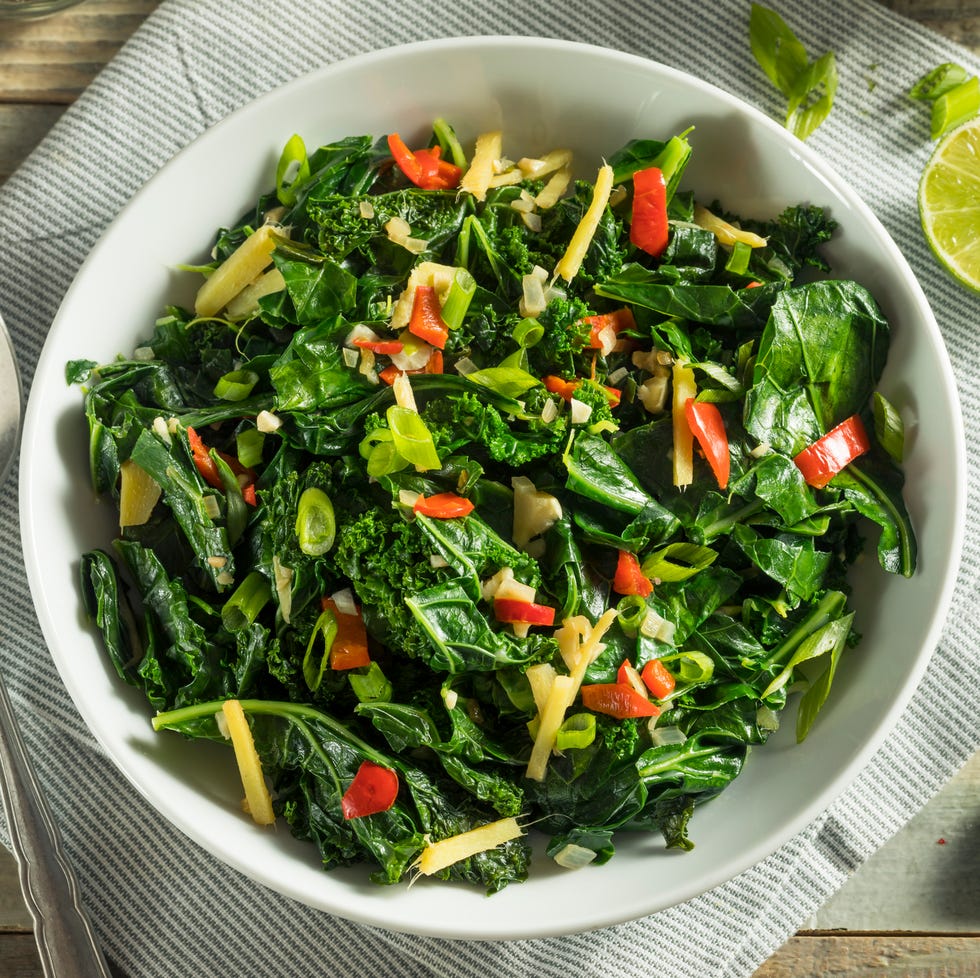
Half a cup of collard greens cooked with oil contains 18.9 mg of magnesium, and these sturdy leaves don’t stop there. They also contain vitamins A, C and K, and are good sources of iron and calcium. High in fiber, collard greens are an excellent way to help lower high blood pressure and unhealthy LDL cholesterol levels.
Potatoes
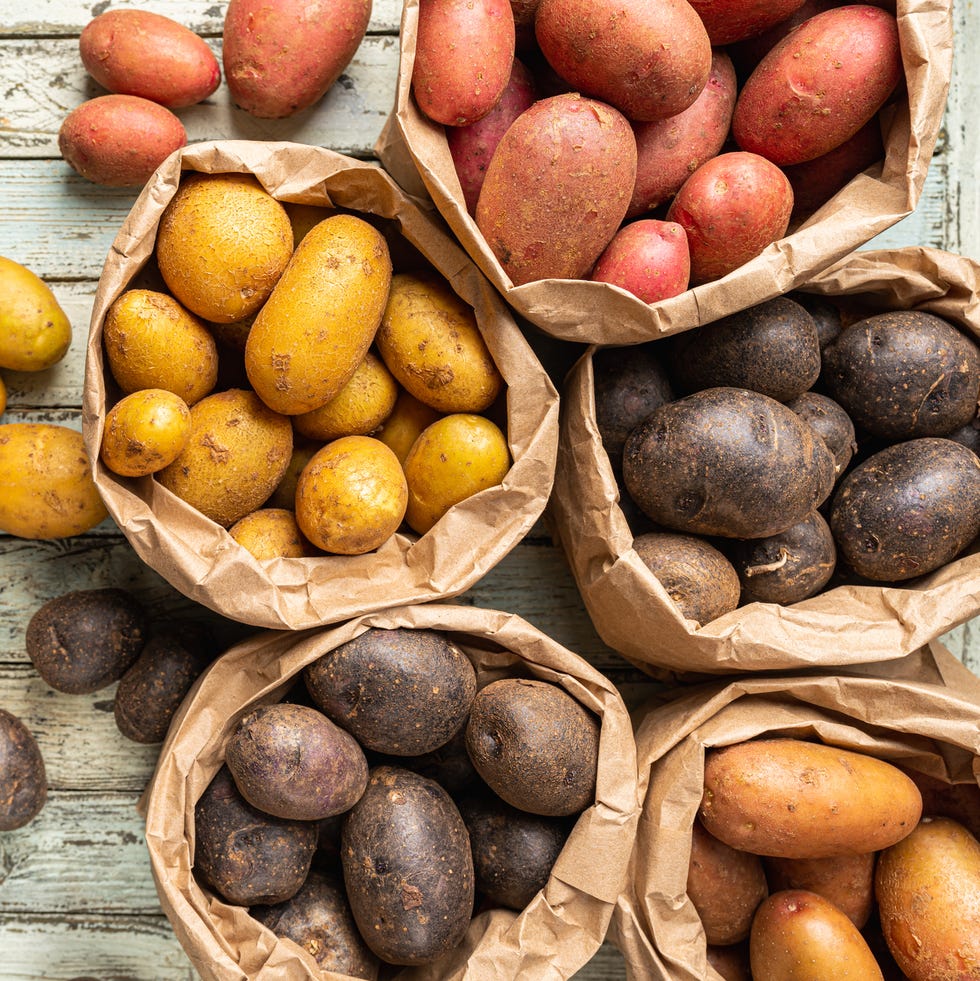
Half a cup of boiled potatoes with their skin serves up 17.2 mg of magnesium. Potatoes are also a good source of vitamin C and potassium. These hearty vegetables are rich in resistant starch, which research has shown might help reduce the risk of diabetes, obesity and high cholesterol as well as improve intestinal health.
Advertisement – Continue Reading Below
Kale

Arugula
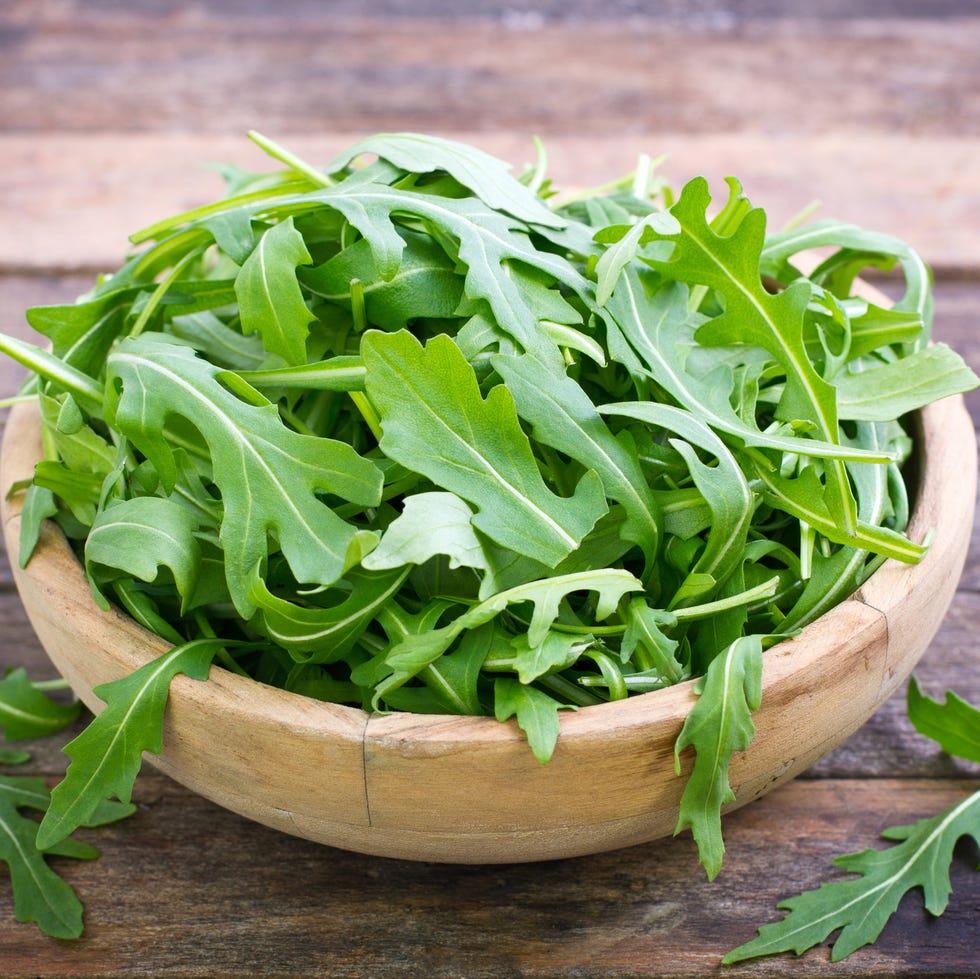
Half a cup of raw arugula has 4.7 mg of magnesium, and also offers vitamins A, C and K. This dainty leafy veggie has plenty of antioxidants and glucosinolates as well, which are shown to delay and possibly prevent the onset of chronic diseases and certain cancers.
Nitrate-rich vegetables, such as arugula, have also gained attention for their potential to support oral health by promoting beneficial nitrate-reducing bacteria. This helps prevent an imbalance that can contribute to various oral health problems like cavities, gum disease and bad breath.
Watch Next

Advertisement – Continue Reading Below
Advertisement – Continue Reading Below
Advertisement – Continue Reading Below
Source link
Subscribe to the newsletter
Fames amet, amet elit nulla tellus, arcu.
Foods that may shorten your lifespan
Dr Stacy Sims reveals why ‘eating more’ can help weight loss
Eating healthy snack tied to better cholesterol and diet — not almonds